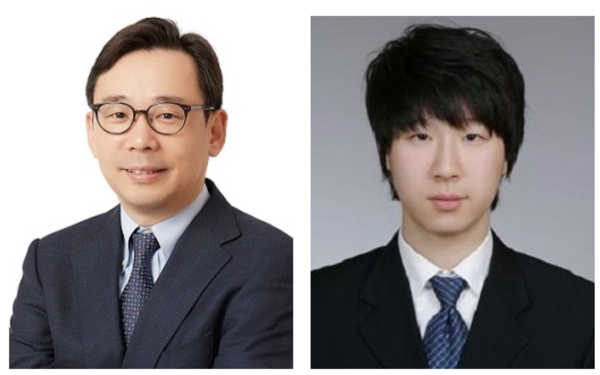Research teams led by Professor Eui-Cheol Shin from the Graduate School of Medical Science and Engineering and Professor Byung Soh Min from the Yonsei University College of Medicine collaborated to discover a key mechanism by which cancer cells work to inhibit the immune system. The researchers foresee that this finding will create great improvements in cancer immunotherapy treatment methods. The results of this research endeavor were published in the November 8 edition of Science Immunology, with researchers Chang Gon Kim and Mi Jang as the joint first authors.

The study revealed that vascular endothelial growth factor (VEGF) is not only an angiogenesis factor but is also a key element in inhibiting T cells. T cells are components of the immune system that play a significant role in reacting to cancer cells. The main mechanism by which T cells are repressed is through their production of PD-1, which are inhibitory receptors. The majority of cancer immunotherapy treatments work to inhibit the PD-1 receptors, therefore allowing the return of T cell activity.
To stimulate growth, cancer cells produce large amounts of angiogenesis factors including VEGF, which result in the growth of blood vessels near cancer cells. However, a key finding of this research is that these angiogenesis factors also contribute to the growth of cancer cells by inhibiting T cells. They attach to receptors present on the surface of T cells, which induces the expression of TOX. TOX is a protein that has been observed to instigate behavior that inhibits T cell activity and weakens the immune system.
The findings of this research are predicted to significantly improve cancer treatments. Current treatments work only to combat cancer-produced angiogenesis factors. However, the research suggests that the combination of angiogenesis inhibition and cancer immunotherapy will be a more effective approach to treating cancer. Furthermore, animal experiments supported the claim that a joint treatment produced significant improvements to combating cancer.
The study is significant in translational research, as the collaboration of Yonsei University College of Medicine and KAIST has revealed the immune response of cancer patients, making an appreciable impact on their care. Professor Shin commented that “This research provided significant insight into clinical treatment strategies by observing the interaction between cancer cells and cells in the immune system. We will continue to research the mechanisms of the immune system and cancer immunotherapy treatments to help survival rates in cancer patients.”

